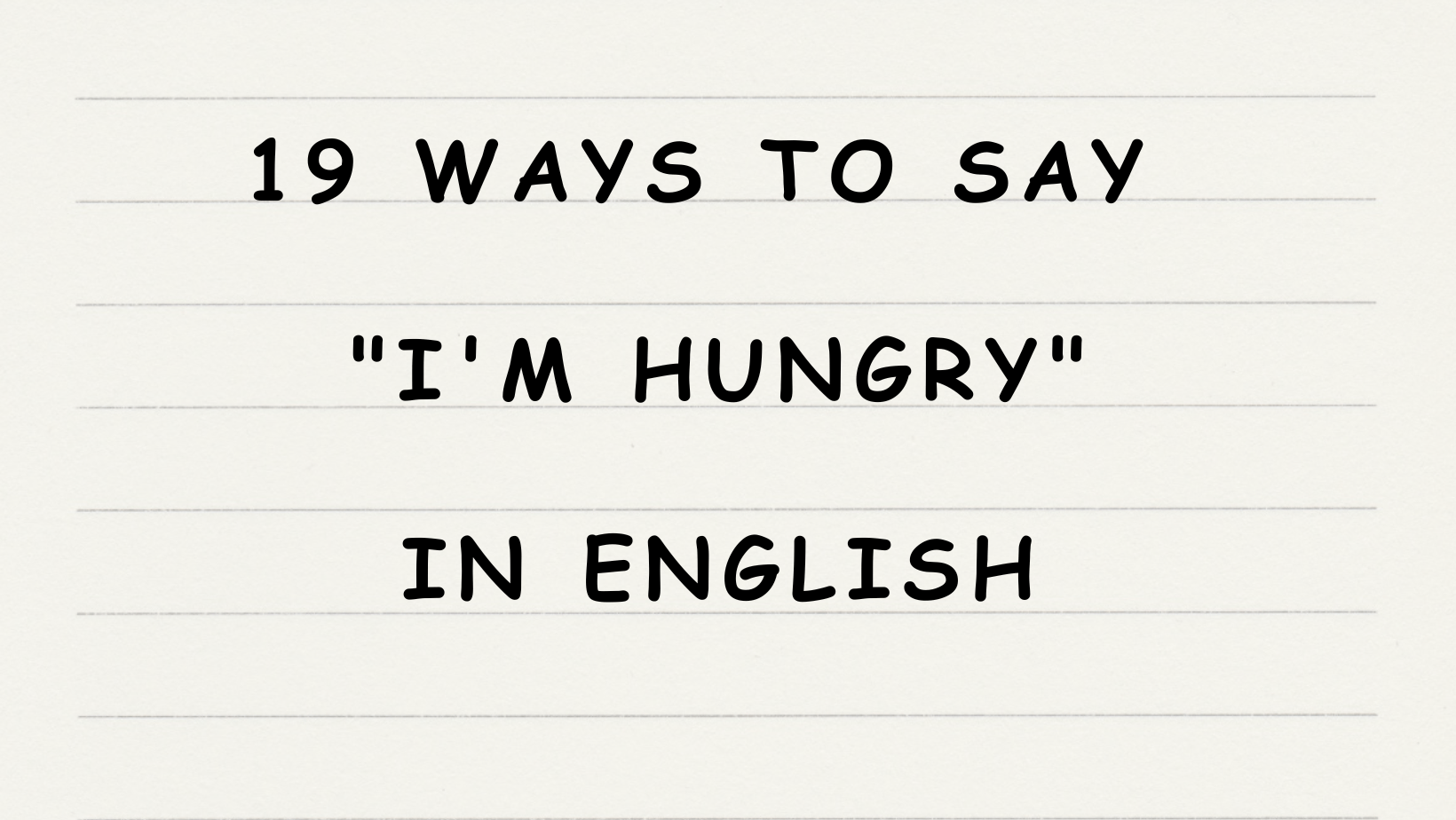
In the journey of learning and exploration, there are bound to be moments when we don’t have the answer. That’s perfectly okay because admitting “I don’t know” is the first step towards gaining knowledge. However, wouldn’t it be wonderful if you could express this simple sentiment in a myriad of interesting ways while speaking English? Wouldn’t that add a dash of color to your conversations and also exhibit your mastery over the language?
Let’s dive in and explore 17 popular ways to say “I don’t know” in English:
1. I’m not sure – A polite way to express uncertainty.
Example: I’m not sure about the meeting schedule for tomorrow.
2. I haven’t got a clue – An informal way to convey complete lack of knowledge.
Example: I haven’t got a clue about the rules of rugby.
3. I can’t help you there – A friendly phrase to admit that you can’t provide the needed information.
Example: I can’t help you there, I’ve never used that software before.
4. That’s beyond me – Used to express that the subject is too complex for you.
Example: Quantum physics? That’s beyond me!
5. I’m clueless – An informal and slightly humorous way to admit you don’t know.
Example: I’m clueless about the latest fashion trends.
6. I haven’t the foggiest idea – An emphatic and slightly formal way to express a lack of knowledge.
Example: I haven’t the foggiest idea who will win the election.
7. Beats me – A casual and colloquial way to express ignorance about something.
Example: How to fix this? Beats me!
8. I draw a blank – Used when you can’t remember or think of something.
Example: When it comes to her phone number, I draw a blank.
9. Your guess is as good as mine – A friendly way to say that you don’t know, and neither does the person you’re talking to.
Example: Who’ll win the game? Your guess is as good as mine.
10. I have no idea – A straightforward and direct way to admit you don’t know.
Example: I have no idea where I left my keys.
11. I’m in the dark – Used to express ignorance about something, often something you feel you should know about.
Example: As for the new project, I’m in the dark.
12. It’s a mystery to me – A phrase used when something is confusing or difficult to understand.
Example: How this machine works is a mystery to me.
13. I’m baffled – Used to express confusion or lack of understanding.
Example: I’m baffled about the solution to this math problem.
14. That’s a good question – A polite phrase used when you don’t know the answer to the question.
Example: How to balance work and life? That’s a good question.
15. Search me – A very informal and casual way to say you don’t know.
Example: Where are the car keys? Search me!
16. I’m stumped – Used when a problem or situation is too hard for you to understand or solve.
Example: I’m stumped, can’t solve this puzzle.
17. I have no clue – A frank and direct way of expressing that you don’t know something.
Example: I have no clue about his whereabouts.
In conclusion, these 17 phrases offer you a diverse range of ways to express “I don’t know” in English. Knowing them will not only enhance your vocabulary but also make your conversations more engaging and expressive.


